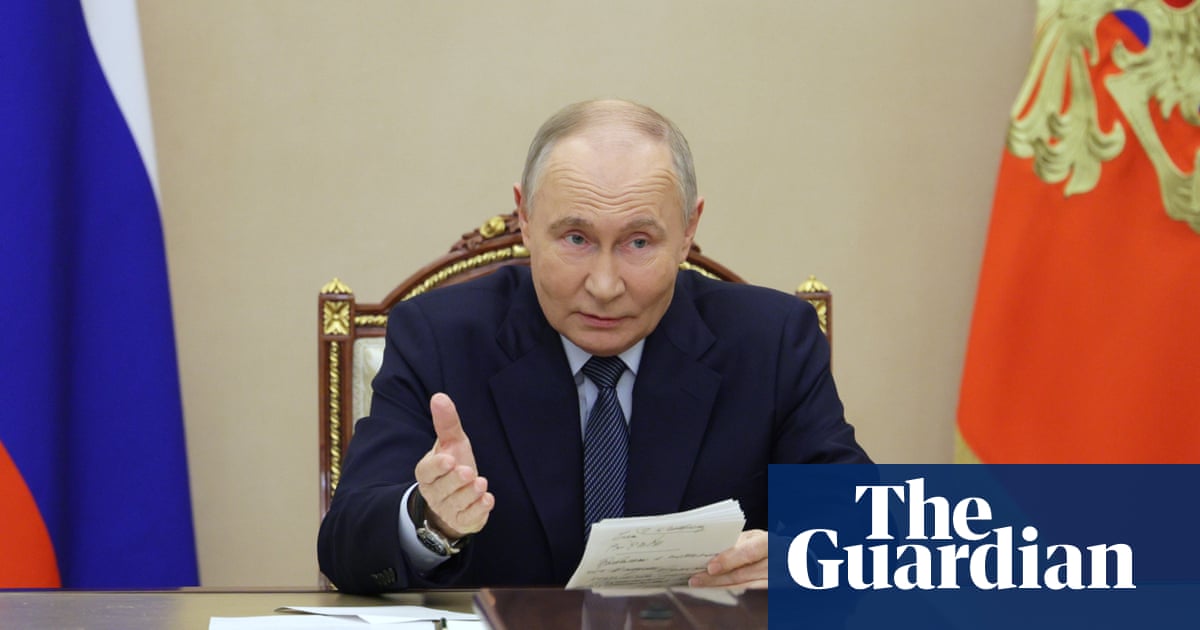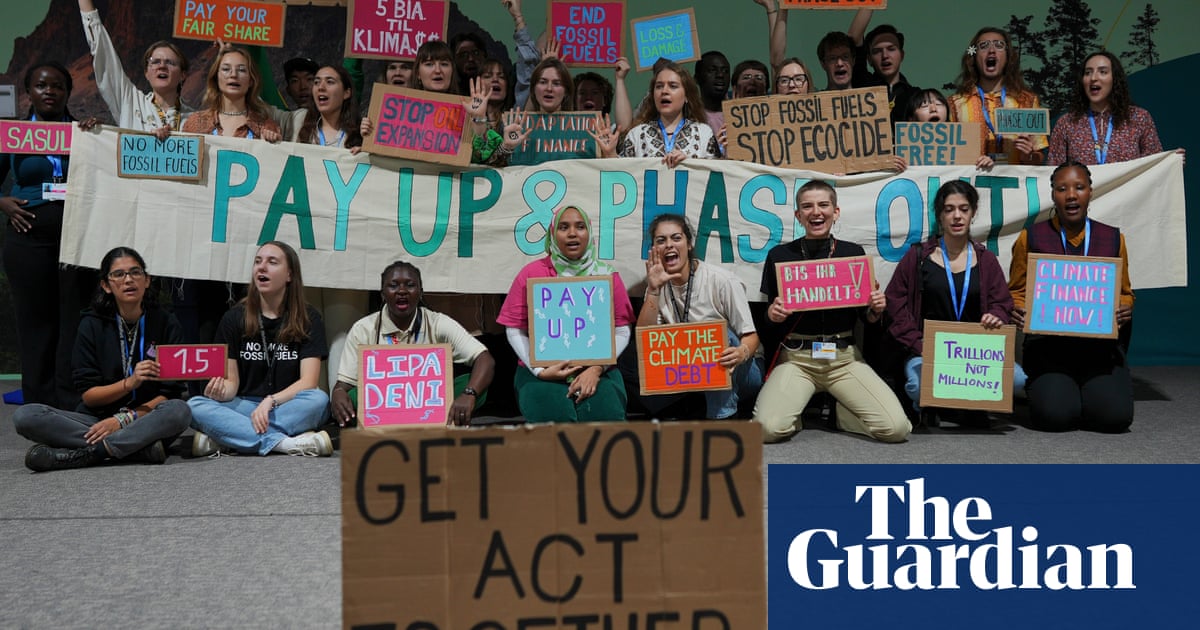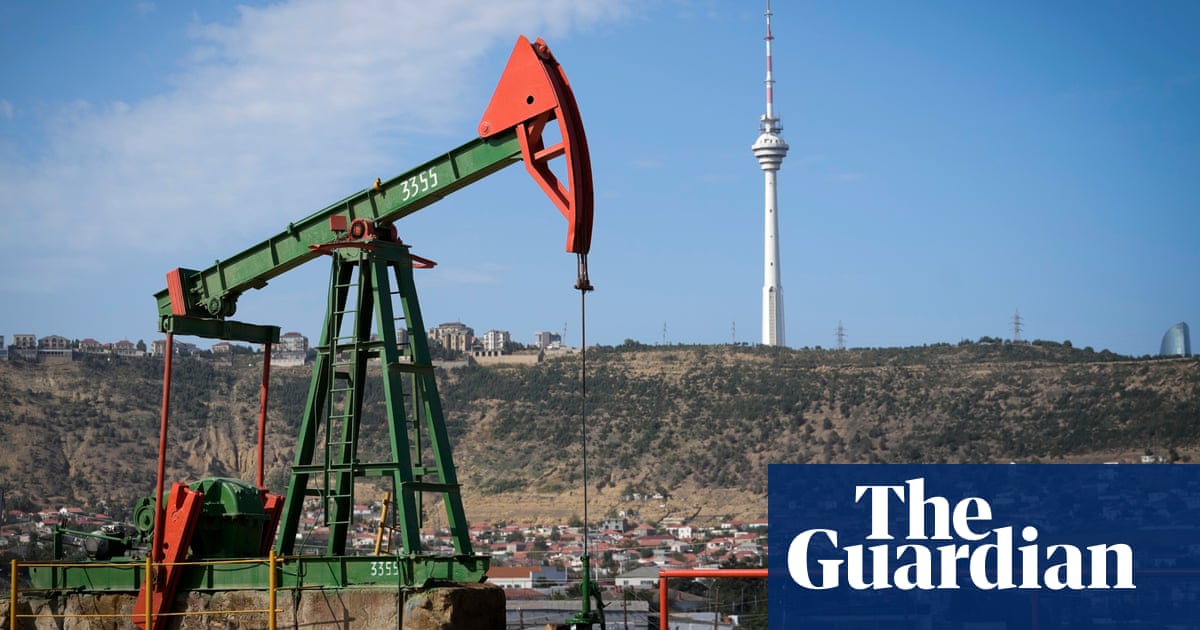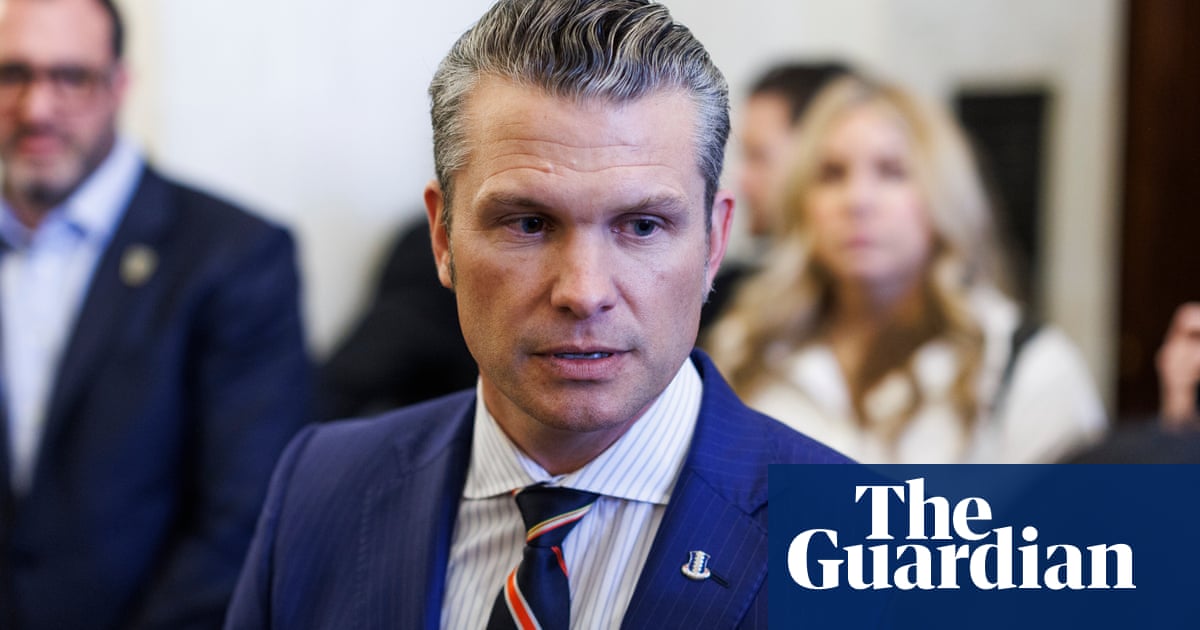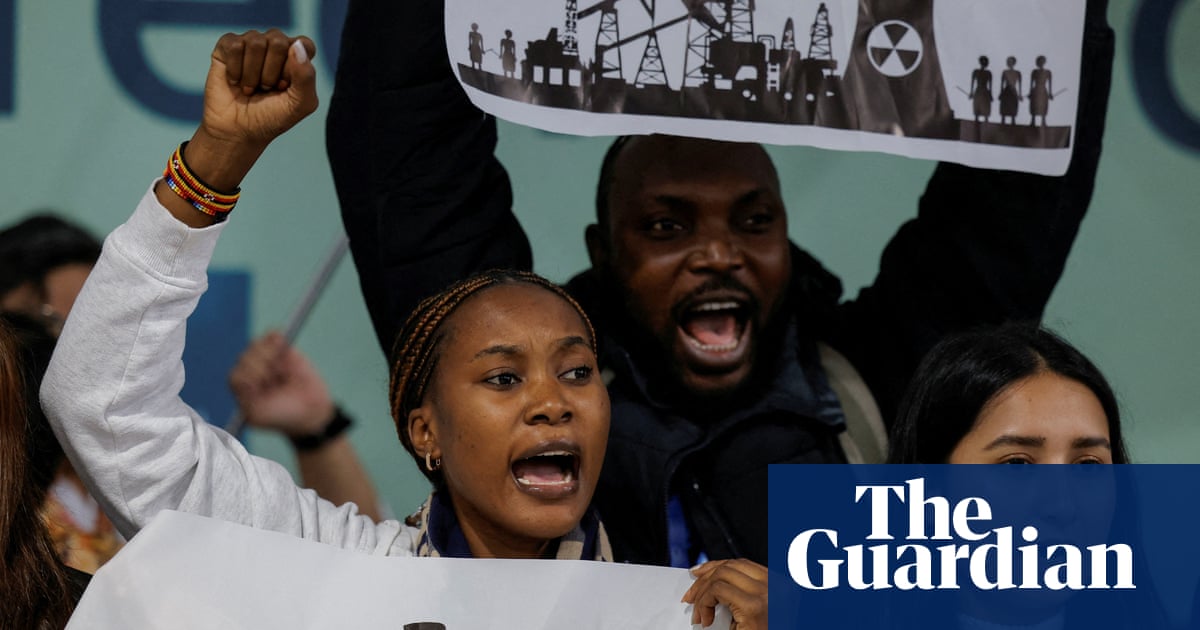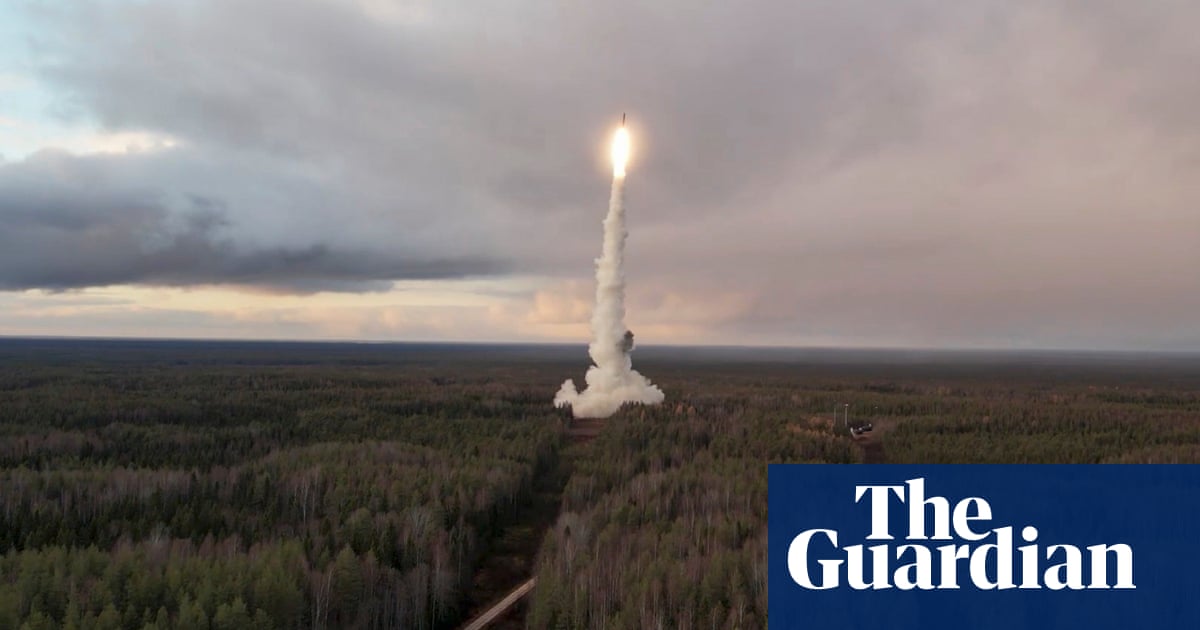The Texas board of education voted 8-7 on Friday to approve a new Bible-based curriculum in elementary schools.
The curriculum, called “Bluebonnet Learning”, could be implemented as soon as August 2025 and affects English and language arts teaching material for kindergarten through fifth grade public school classes.
Teachers will have a choice to opt into the new faith-based learning curriculum, but the state is offering a financial incentive of $60 a student for participating school districts.
Parents, teachers and rights groups expressed outrage at the move that some say violates the US constitution and will alienate students and teachers of other faiths.
“The Bluebonnet curriculum flagrantly disregards religious freedom, a cornerstone of our nation since its founding. The same politicians censoring what students can read now want to impose state-sponsored religion on to our public schools,” said Caro Achar, engagement coordinator for free speech at the Texas chapter of the American Civil Liberties Union. “We urge districts to reject this optional curriculum and uphold a public school education that honors the religious diversity and constitutional rights of Texas students.”
Examples of Bible references in the curriculum include a kindergarten lesson on “the golden rule”, which teaches the importance of treating others the way one would want to be treated, linked to Jesus’s sermon on the mount, and a third-grade unit about ancient Rome and Jesus’s life:
According to the Christian Bible, on the day Jesus was born, his mother Mary and father Joseph were traveling to the town of Bethlehem to register for the census. The census, ordered by the Roman government, required Roman citizens to be counted and their names registered. This was used in part to help the empire know how many people needed to pay taxes and is a practice continued by governments to this day.
When Mary and Joseph arrived in Bethlehem, they were told there were no rooms available to rent. They took shelter in a nearby stable, a type of barn where animals are kept. When Jesus was born, Mary wrapped him in pieces of cloth and laid him in a manger, which is a long wooden or stone box used for horses and cattle to eat animal feed. This story of Jesus’s birth in a stable is commonly featured as part of displays put on by Christians even today during the Christmas holidays each year.
The Christian Bible explains that throughout his life, Jesus taught about God’s love and forgiveness, and performed many miracles.
In text messages seen by the Guardian between Chancie Davis, a former school teacher from the Katy independent school district who objected to the curriculum, and state education board member Audrey Young, who voted in favor of the curriculum, Young denied any mention of Jesus in the curriculum and doubled down on her vote.
“You think every single person regardless of their beliefs should be learn about the Bible,” Davis wrote to Young.
Young replied: “In order to be able to participate wholly in a literate society.”
Both Young and the Texas board of education did not respond to a request for comment.
Davis said she began texting with Young after finding her cellphone number on the board’s website. She said she was “shocked” to receive a text back from her elected representative, especially in the middle of the board meeting about the vote.
“I think I was most surprised by her non-professionalism in thinking through the matter, like it was a done deal already,” Davis said. “She wasn’t ready to listen to anything.”
Davis said “there’s a clear line between separation of church and state, and I think that this crosses that, and it’s a slippery slope in our public schools, and all students deserve to be represented, not just the Christian sect”.
Bryan Henry, a local Cypress, Texas, parent and public school advocate affiliated with Cypress Families for Public Schools, said the curriculum was “just the latest example of Texas being a laboratory for Christian nationalism”.
Henry added: “What I find particularly insidious about it is the fact that they are going to incentivize school districts to adopt the curriculum in exchange for extra funding at a time when the state government is starving public schools of needed money because they want vouchers for private Christian schools.”
A spokesperson for the Texas State Teachers Association, which is affiliated with the US’s largest labor union, the National Education Association, told the Guardian: “The implementation of this curriculum means grade-school children in schools that adopt the curriculum will receive what amounts to Christian Sunday school lessons in their public schools, something our public education system was not intended to provide and should not provide.
“Students who observe religions other than Christianity, in effect, will be discriminated against because their own religions will be all but ignored.”
Darcy Hirsh, the director of government relations and advocacy at the National Council of Jewish Women, the US’s oldest Jewish feminist civil rights organization, said in an interview with the Guardian: “As a Jewish organization, maintaining the separation of church and state is a key priority for us as it is the cornerstone of our democracy.”
Hirsh added she was “devastated” about “the Texas school board’s decision today to implement a curriculum that is based in the Bible, and even one specific interpretation of the Bible”.

